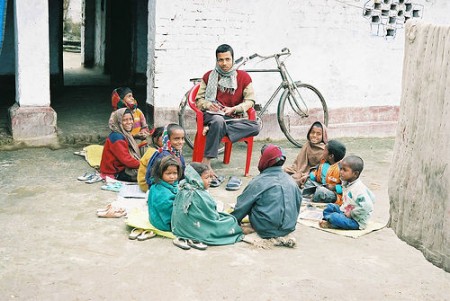
Has traditional development aid helped alleviate – or further exacerbated – poverty? This week the ISN takes a closer look at the promises and pitfalls of development aid with particular attention to the benefits of targeting it more directly at the grassroots level.
This ISN Special Report contains the following content:
- An Analysis by Dr Gerard DeGroot discusses the limited ability of traditional development aid to alleviate poverty, concluding that small projects addressing basic human needs may have the biggest impact.
- A Podcast interview with Fiona Ramsey about the big benefits of small microfinance loans for sustainable development.
- Security Watch articles about the impact of development aid from Haiti to Georgia, Somalia and beyond.
- Publications housed in our Digital Library, including a recent Kiel Institute Working Paper assessing the value of performance-based aid as an alternative to the largely failed traditional approach.
- Primary Resources, including the UN’s Economic Report on Africa 2010.
- Links to relevant websites, such as the International Policy Network’s paper on the impact of foreign aid – with Tanzania, Kenya, Uganda, and Botswana cited as examples.
- Our IR Directory, featuring the Cambridge-based Collaborative for Development Action, an NGO committed to improving the effectiveness of international actors involved in supporting sustainable development.



